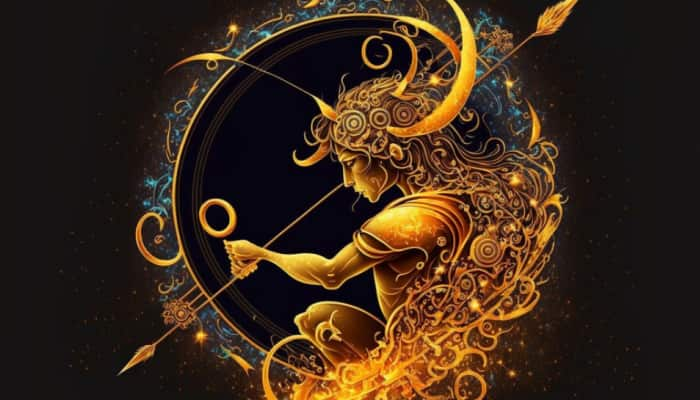WHO declared COVID-19 emergency very late, catastrophe could have been prevented: Global expert panel
The panel also praised the "unstinting" efforts of WHO leadership and staff during the pandemic. It did not lay specific blame on China or on WHO Director-General Tedros Adhanom Ghebreyesus, whom the Trump administration accused of being "China-centric", a charge he denied.
- A global expert panel has said that WHO declared COVID-19 emergency very late
- It added that the catastrophe could have been prevented
Trending Photos
)
NEW DELHI: A global panel of experts has said that the World Health Organisation (WHO) declared the COVID-19 an emergency very late and the catastrophe caused by the deadly virus across the globe could have been prevented.
The Independent Panel for Pandemic Preparedness and Response (IPPPR) said a series of bad decisions by the WHO meant COVID-19 went on to kill at least 3.3 million people so far and devastate the global economy.
The panel called for bold WHO reforms and revitalising national preparedness plans to prevent another "toxic cocktail". It further suggested that a new transparent global system should be set up for probing disease outbreaks.
The suggestion comes after the panel blamed the World Health Organisation (WHO) for announcing the Covid-19 pandemic global emergency a month late.
The independent global panel said, ideally, WHO should have declared the new coronavirus outbreak in China an international emergency earlier than January 30, 2020. But the delay in the announcement was a "lost month" as countries failed to heed the alarm, said the panel.
A report called the "Covid-19: Make it the Last Pandemic", argued that the global alarm system needed overhauling to prevent a similar catastrophe. The report said the emergence of Covid-19 was characterised by a mixture of "some early and rapid action, but also by delay, hesitation, and denial".
Chinese doctors reported cases of unusual pneumonia in December 2019 and informed authorities, while WHO picked up reports from the Taiwan Centers for Disease Control and others, the panel said.
But WHO's Emergency Committee should have declared an international health emergency at its first meeting on January, 22 instead of waiting until 30 January, the report said.
The panel was jointly chaired by former New Zealand prime minister Helen Clark and former Liberian president Ellen Johnson Sirleaf, a 2011 Nobel Peace Prize laureate.
However, the panel also praised the "unstinting" efforts of WHO leadership and staff during the pandemic. It did not lay specific blame on China or on WHO Director-General Tedros Adhanom Ghebreyesus, whom the Trump administration accused of being "China-centric", a charge he denied.
India opened up prematurely: Dr Fauci tells US Senators
In a related development, America's top infectious disease expert Dr Anthony Fauci has told the US senators that India made the "incorrect assumption" that it was finished with the COVID-19 pandemic and opened up prematurely that has left the country in such "dire straits."
India has been severely affected by the unprecedented second wave of the coronavirus and hospitals in several states are reeling under the shortage of health workers, vaccines, oxygen, drugs and beds.
"The reason that India is in such dire straits now is that they had an original surge and made the incorrect assumption that they were finished with it, and what happened, they opened up prematurely and wind up having a surge right now that we're all very well aware of is extremely devastating,” Fauci told the US Senate Health, Education, Labour and Pensions Committee during a hearing on Tuesday on the COVID-19 Response.
Dr Fauci, who is the Director of the US National Institute of Allergy and Infectious Diseases (NIAID), is also the chief medical advisor to President Joe Biden.







)
)
)
)
)
)
)
)
)
)
